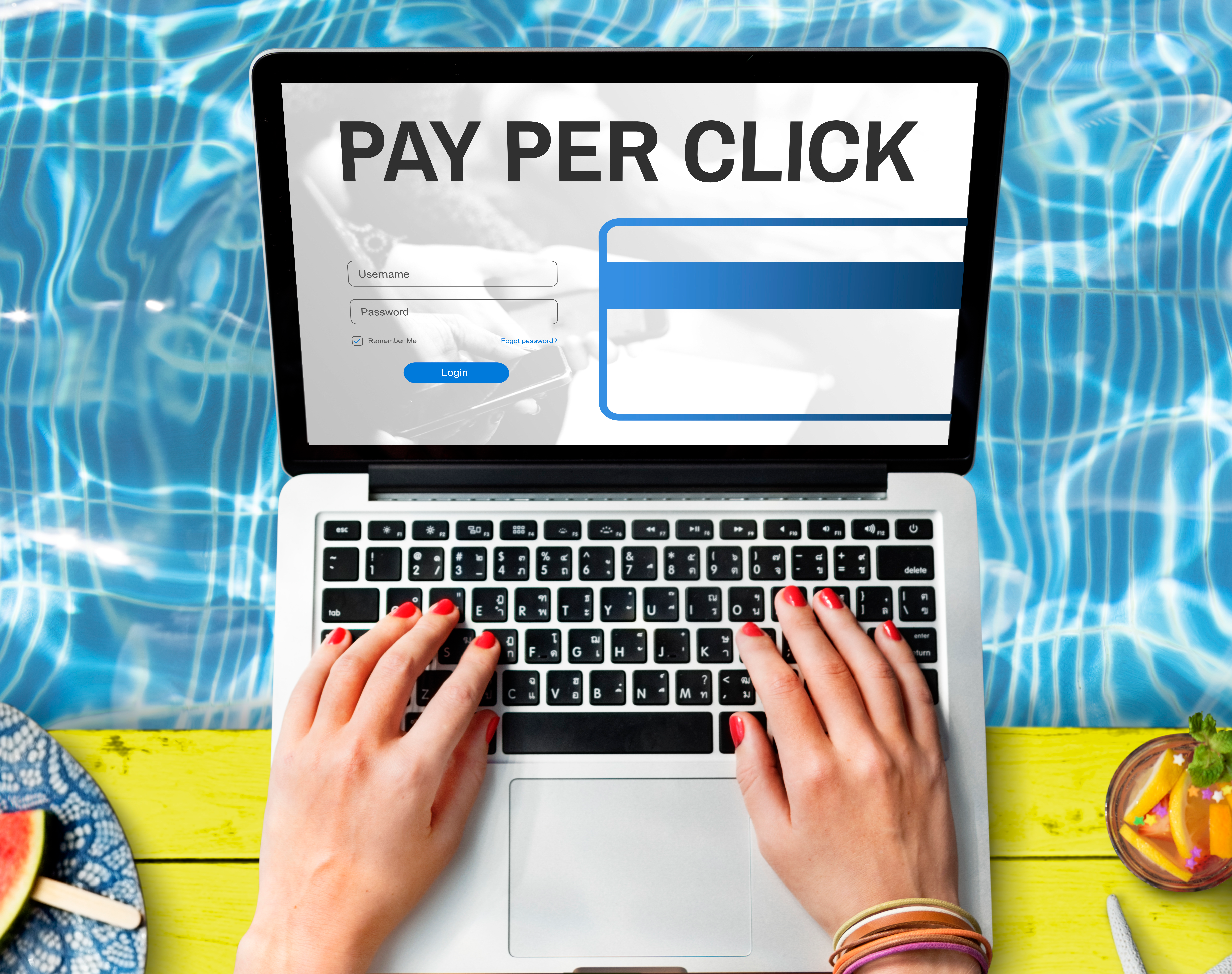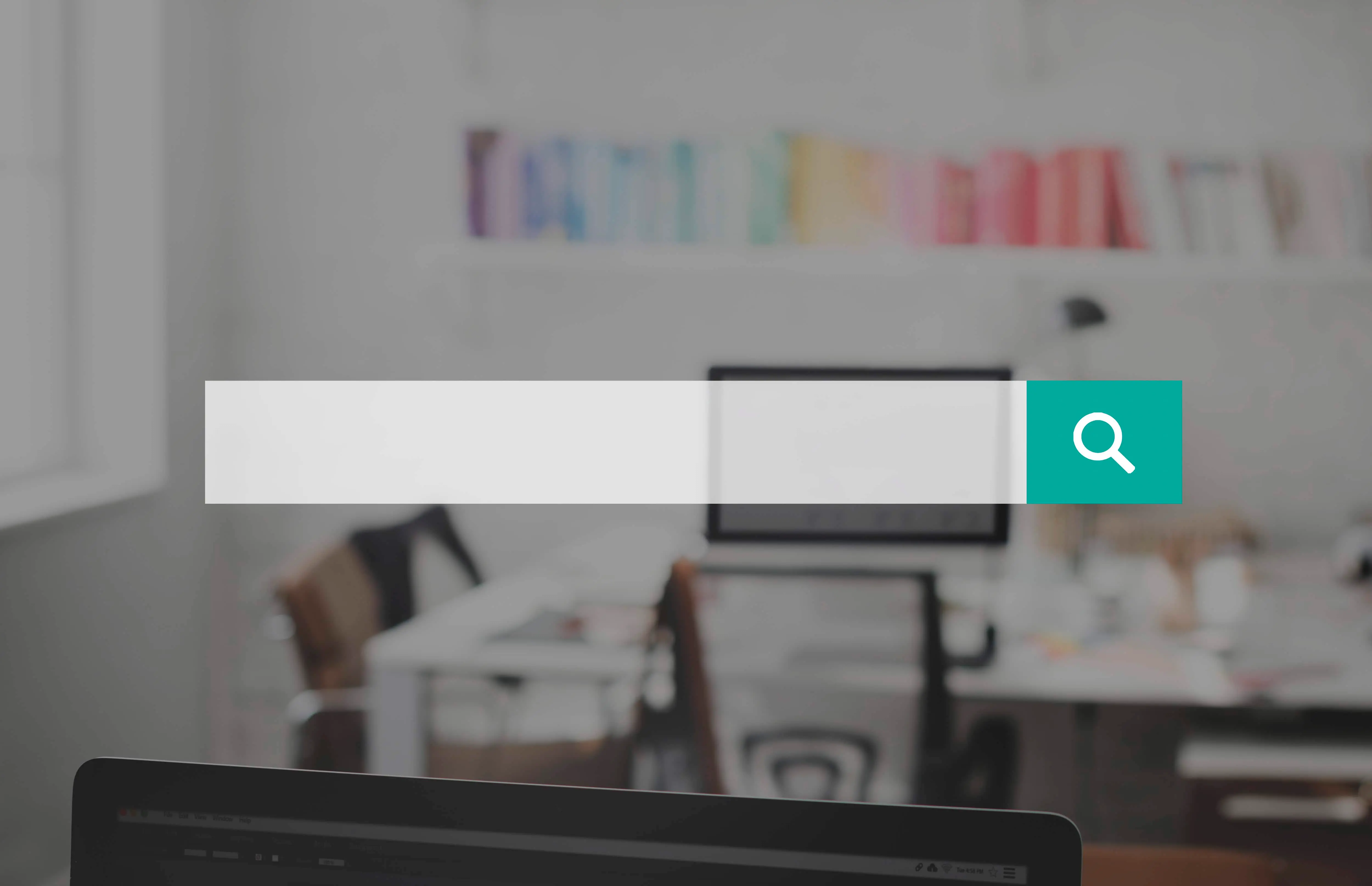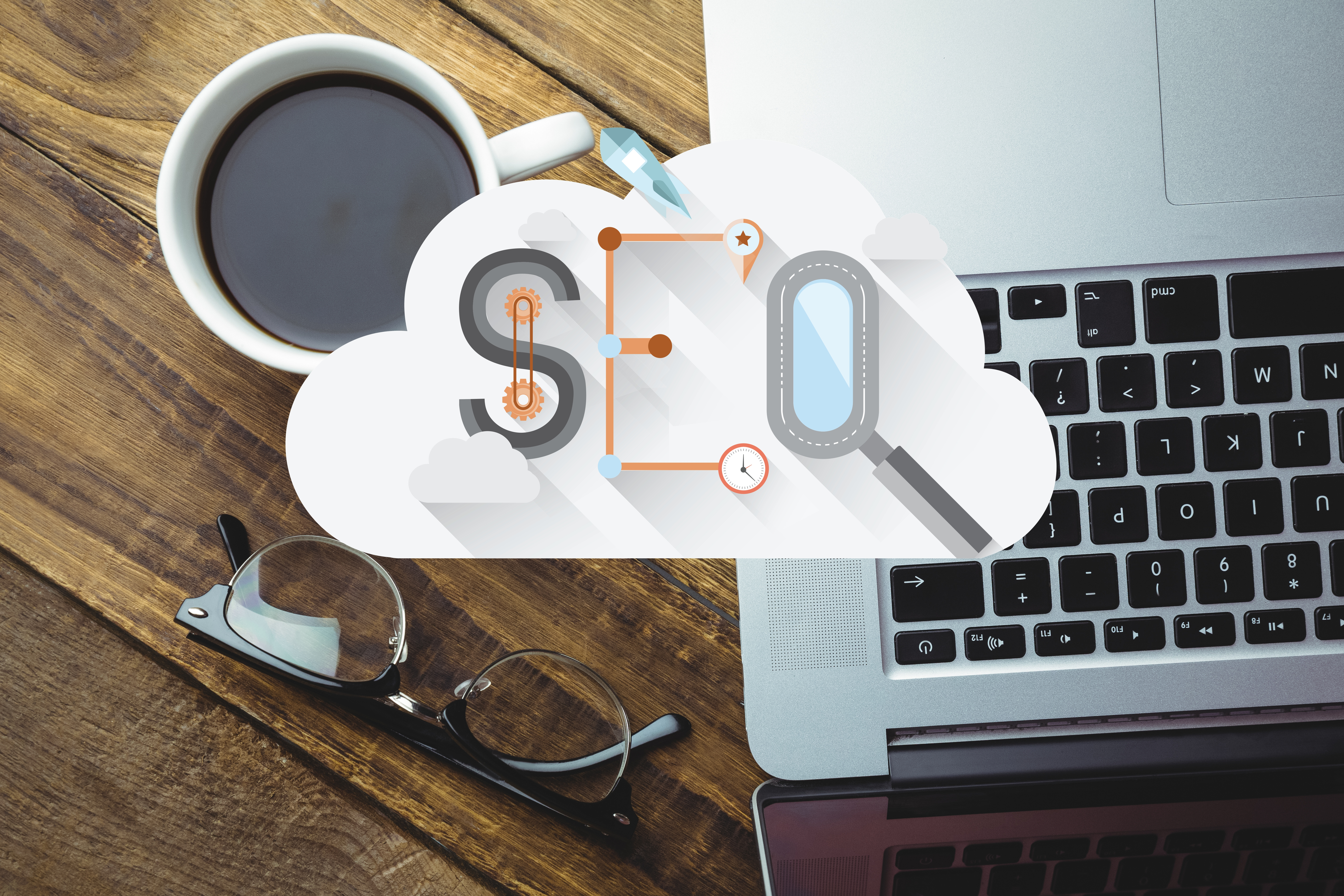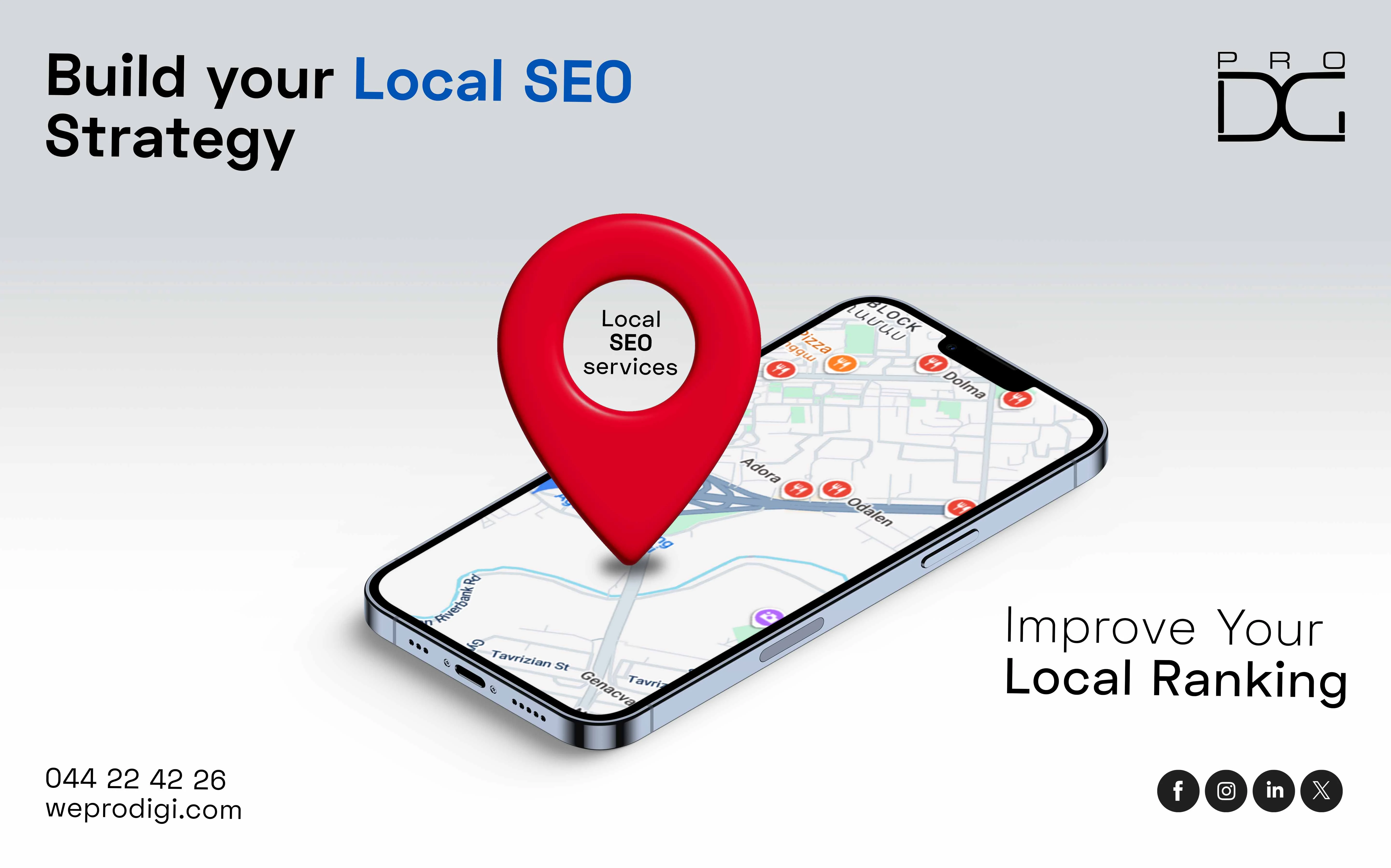What about going back to the times when pay-per-click advertising started its debut? It looks like the 90s was the beginning of every digital innovation. In 1998, the platform Goto.com presented a system of paying for clicks. Businesses offered ad placements based on keywords. And advertisers only paid when users clicked on their ads.
Soon, this idea has become an inspiration for other search engines, including Google. Even in 2000, Google launched its own PPC system. Its name was Google AdWords. It quickly became the leading platform for PPC and has kept its leading role today as Google Ads. Since then, PPC has grown to become one of the most effective ways to gain visibility instantly and reach a target audience online.
Additional memory updates never hurt. Especially when it comes to digital things. So, let’s continue our blog and talk about the technical part of PPC.

Definition of PPC and its role in digital advertising
Pay-per-click advertising is one of the most popular techniques in modern marketing. Its goal is generating organic traffic. At first sight, we can find something that matches SEO. But they work differently.
In the case of PPC, advertisers pay for clicks, and clicks bring traffic to their websites. And again, it sounds so simple, but it takes lots of effort. PPC mostly uses search engines for its advertising. One of the things making PPC highly popular is its ability to quickly give a website a higher rank on SERP.
How does it work? First, its goal is finding the right audience - users who are looking for a product or a service that is being advertised. PPC offers businesses instant visibility and access to potential customers. Unlike SEO, which brings traffic over time, PPC delivers immediate traffic through direct targeting of specific keywords and identified user groups. For brands that want fast visibility and immediate access to measurable results, PPC is a valuable advertising tool.
The foundation of any successful PPC campaign is effective keyword research, but this tool gives advertisers a way to reach the traffic they want with speed and immediacy. Bidding optimally on relevant keywords, backing them up with high-quality ads, and working to ensure a good mix of both optimization and strategy makes PPC work well for many brands.
Key Benefits of PPC
What makes PPC so needed in modern marketing? Let’s try to discover.
The first PPC benefit that makes PPC stand out is the immediate visibility that it brings. It gives a higher ranking place to a website on SERP and reaches the target audience in a short time.
Another benefit of PPC is its targeting skills. PPC does targeting based on keywords, demographics, location, device, and even time of day. It delivers ads to the most relevant users.
Also, PPC campaigns provide measurable results. This means that thanks to detailed performance metrics, you can learn the number of clicks, conversions, ROI, etc. This helps to make spending more effective.
When to Choose PPC
How to get oriented when it comes to choosing the right service? Once again, you should consider your business goals, budget, and timeline to make the right choice.
Anyway, here are the top 5 cases when it’s better to choose PPC:
- Immediate Traffic
- Accurate Audience Targeting
- Measurable and Trackable Results
- Cost Control
- Brand Awareness in Competitive Markets.
However, as a rule, the right choice will be made by consulting with a professional or with an experienced agency that provides such services.









